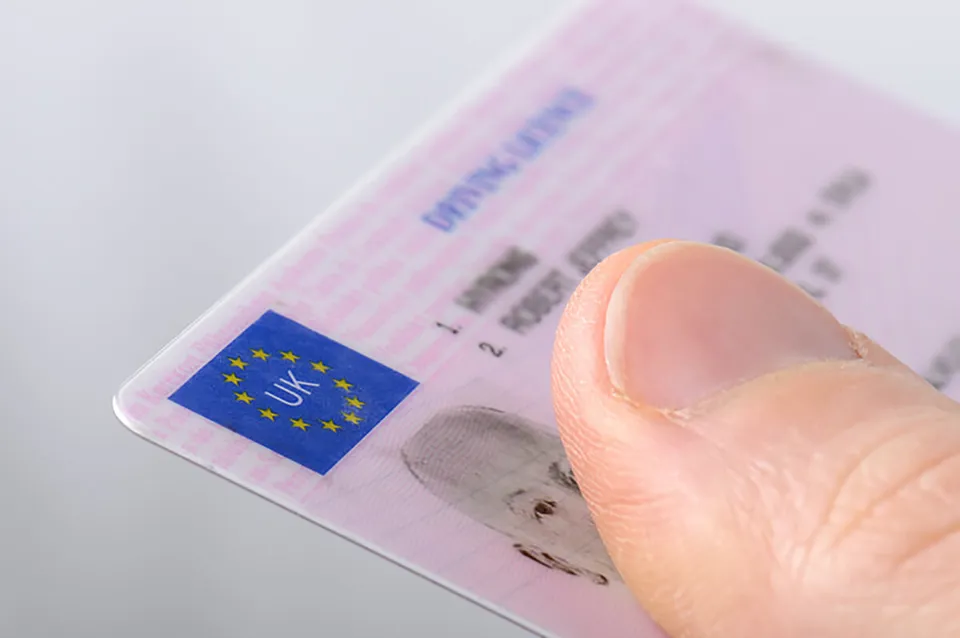Philip Somarakis, who heads the motoring offences team at Davenport Lyons and is company secretary of ACFO, said fleets risk falling foul of civil law, where a policy states that a failure to check driving licences will invalidate cover, and under road traffic law, where it’s an offence to permit a person to drive a company vehicle without a licence.
They can also be found liable under health and safety law, where employers have a duty of care.
“In the context of driving, that’s tackling the twin hazards of poor driving and defective vehicles,” said Somarakis.
“A failure to check that an employee was not qualified to drive will be an obvious breach.”
In the worse case scenario, individuals would be liable under the common law offence of man-slaughter and corporate liability could result in a charge of corporate man-slaughter. “Whether self-inspecting a licence annually is sufficient is a matter of debate,” said Somarakis. “Many factors come into play.”
Fleets need to be sure the details provided are accurate, a licence hasn’t been revoked or endorsed without the employer realising it and what limitations there may be on its use.
However, he concedes that the resources available to carry out online licence checking “need to be balanced against the risk you are seeking to mitigate”.
“Fleet operators need to consider the risks and decide whether in the context of their fleet, checking licences themselves once a year and/or having staff self-certify is sufficient,” he said. “If you do it yourself then the process should be meaningful and the person doing the task should be trained.”
Whatever fleets choose to do, Richard Brown, director of LicenceCheck, said: “The question is whether it is robust enough to stand up to investigation.”
Briggs added: “In the event that the driver in question had been less than honest about their self-certification and had a drink-driving ban, for example, our belief is that this is unlikely to be the case.”
Best practice
He continued: “Professional bodies such as ACFO fully support the need for fleet managers to check all driver documentation in detail as part of their interpretation of the current legal picture.
“Even on fleets where online licence checking isn’t used, manual driving licence examination is an almost uniformly established industry practice.
“As a system, self-certification is very clearly open to abuse from the high risk, high penalty point drivers that you are primarily trying to identify through any form of licence checking. In these circumstances, we believe that self-certification is unlikely to prove that you have fulfilled your duty of care from a legal point of view.
“For us, the real question is why you would want to use a form of self-certification when online licence checking is low cost and easy?
“Once a driver has agreed a mandate for you to access their details, the whole process can be automated in such a way that it happens almost without any fleet manager intervention, giving you accurate and up-to-date information.
“Any form of manual checking or paper driven self-certification system will be slower, more time consuming and inevitably have a greater level of inaccuracy.
“Additionally, online checking allows you to properly risk manage your drivers in terms of profiling the number of penalty points they have on their licence.
“Most fleets we know follow a profile of checking annually if a driver has three points or fewer on their licence, every six months if they have 4-8 points, and every three months if they have more than nine.
“As a system, it provides a degree of credibility and reassurance that is simply unavailable through any other method.”
Brown concluded: “Companies need to be aware that a thorough driving licence check may be undertaken for a reasonable sized driver pool for as little as a gallon of fuel a year per driver per year.”




















Login to comment
Comments
No comments have been made yet.